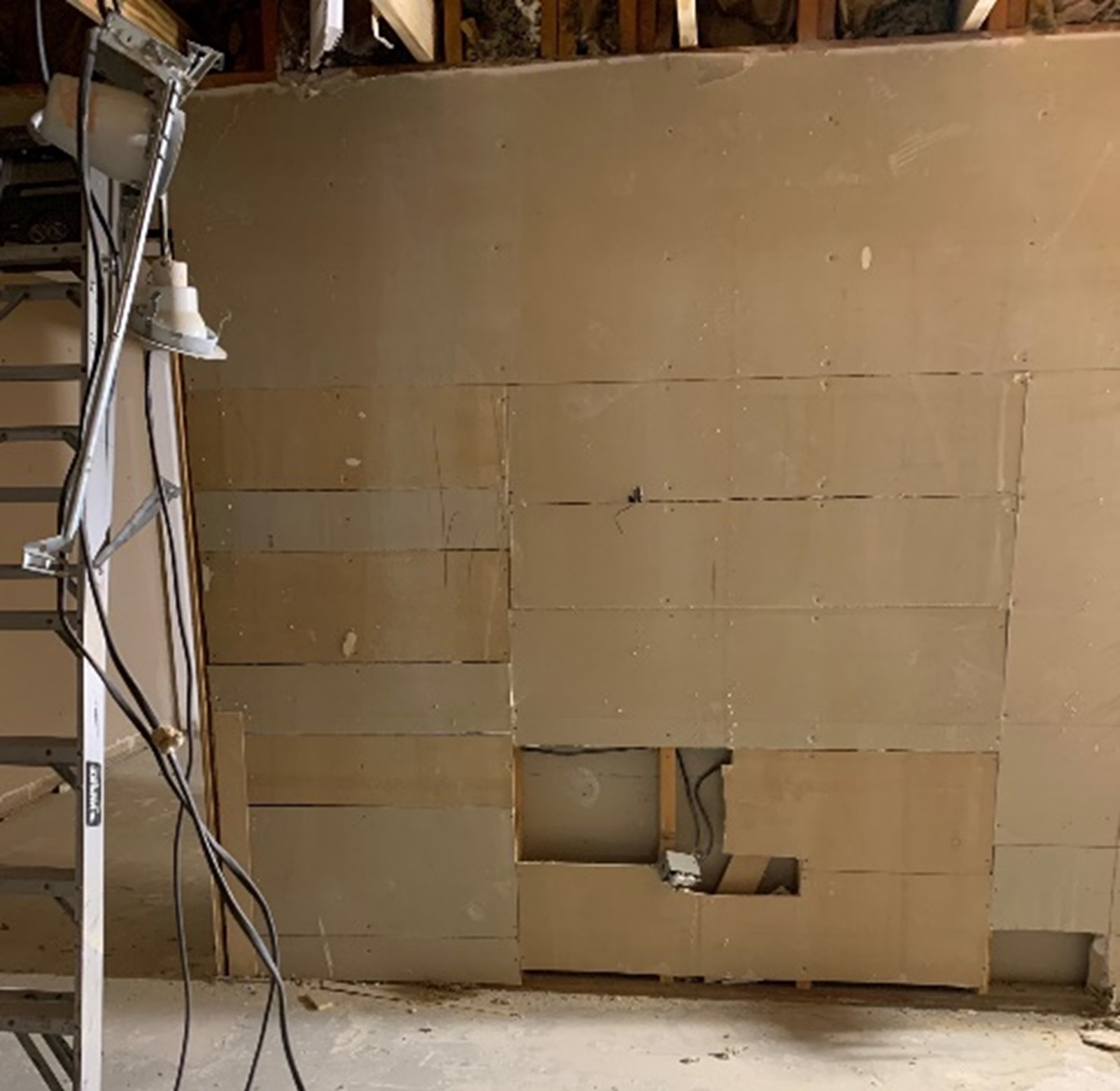It’s tough sometimes being a general contractor caught between the competing interests of the property owner and the subcontractors who are actually performing the work on a project. This can be especially true on public works projects which often see change orders aggregating 10% to 20% or more of the original contract total. The owning entity directs the GC to make the needed change, which gets passed on or, depending on one’s perspective, pushed down onto, the subcontractors.
|
To ensure the GC isn’t left “holding the bag” on these and other payment issues, subcontract agreements routinely require the sub to (a) solely rely on the public works entity’s ability to pay for the work and (b) perform the work whether or not a change order is issued at the time the additional work is directed to be performed. This contractual scenario can be especially challenging as the change orders drive the total contract value between the owning entity and GC to the limits of the funds set aside for payment of the work.
However, thanks to Representative Keith Bell of Forney and Tex. Govt. Code § 2251.0521, there is some relief in sight for the GC and the sub. On public works contracts entered into on or after September 1, 2023, a vendor (presumably the GC) can now choose not to proceed with additional work directed by the governmental entity, or, in the case of a subcontractor, directed by the GC, until a written, fully executed change order is provided or if the total actual or anticipated value of the additional work requested is more than 10% of the original contract value. A vendor or sub who elects to rely on this provision in not performing the additional work is not responsible for any damages arising therefrom.
This is a brand-new law and so not tested with the courts, but presumably the statutory protections offered in § 2251.0521 will supersede contract terms at odds with this new law. Those who want to take advantage of this new law should be sure to reference it in any communications rejecting the imposition of additional work to which the new law applies. And as always, seek the advice of legal counsel before saying “no” to anyone above you in the contracting chain unless otherwise authorized to do so in your contract.
Karen Ensley, Board-Certified Construction Law Attorney
Note the information provided herein is educational in nature only. It does not constitute specific legal advise and its transmission does not form an attorney client relationship. We recommend you consult an attorney with specific questions on the application - or not - of the information provided to your particular circumstances.
|
|


.png)





